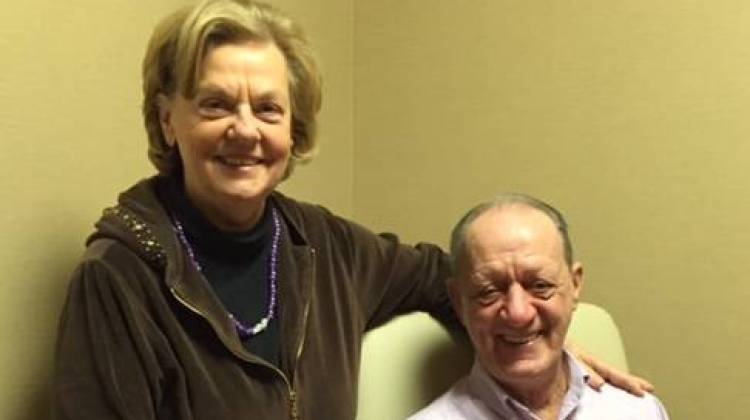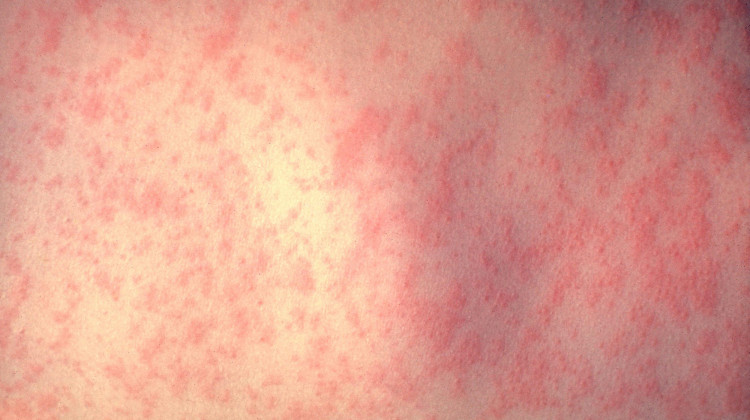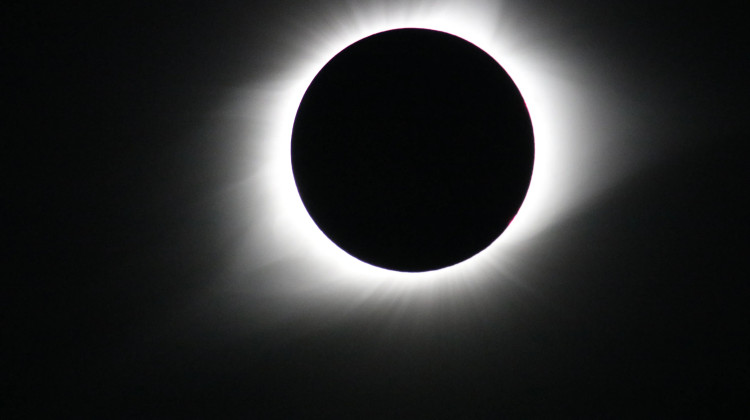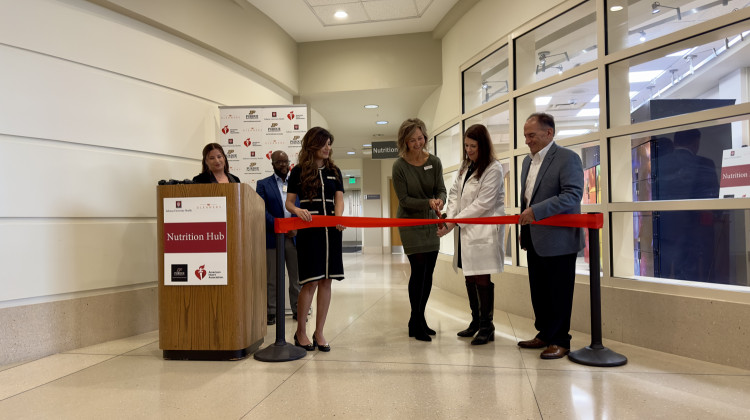INDIANAPOLIS - More than one million people in the United States will get cancer this year and doctors are treating a growing number of these patients with immunotherapy -- a method that works a lot like a vaccine.
Around 30 different immunotherapy medicines are now FDA approved, a majority of them in just the last 4 years. Work being done in Indiana is helping develop this emerging treatment.
At the IU Simon Cancer Center in Indianapolis, Monticello resident Dennis O’Brien recounted a conversation with his doctor.
"He said it really is an amazing drug, because it stimulates your immune system into saying, 'something in your body is foreign, it shouldn’t be here,' so your immune system kicks into fight it," O'Brien said.
They had this conversation after O'Brien’s stage four lung cancer, diagnosed in 2011, had mutated and chemotherapy no longer worked.
His doctor suggested something he’d never heard of before – immunotherapy.
"He said it’s nothing different than when you were a child and mumps or measles or chickenpox," O'Brien said.
Chemotherapy kills the cancer. Immunotherapy tells the body to fight it.
An Old Idea Is New Again
O’Brien is now part of a clinical trial testing one of the most recent drugs to hit the market. But this “newly available” treatment isn’t really that new says Dr. Theodore Logan, an IU Health medical oncologist and associate professor.
"This is the article that I hand out to residents when they ask me what the heck I’m doing, treating patients with introluken2 or some other immunotherapy," Logan said. "This is where immunotherapy really starts in my judgment… with William Colley and this is his 1893 article from the 'Journal of American Medicine.'"
Colley, who was a bone surgeon, started researching cancer after one of his patients died from it. He found evidence of a tumor shrinking after a patient came down with a serious infection caused by bacteria. So, he tried injecting bacteria into patients and in one case, a tumor disappeared… forever.
Logan says it’s the same idea today…. kick-starting the immune system that doesn’t normally recognize cancerous cells.
"What these new treatments do is they actually stick to the switches on the t-cells and prevents the tumor from shutting off the t-cells so the cells can continue to attack," Logan explained.
After the discovery of radiation, immunotherapy fell by the wayside until the past few decades when breakthroughs started to happen.
The treatment offers a whole horizon of hope – it seems able to create a type of “immunomemory” training the body to identify and attack any new cancer cells. It’s also working for patients whose cancer has metastasized or for those who haven’t responded to other therapies.
"Some of them have complete responses that last for years," Logan said.
Promising Results, But Questions Remain
A lot of questions still need to be answered – like why some patients respond so much better than others, and why it is doesn’t work on every type of cancer.
Indianapolis-based Eli Lilly and Company is on the frontlines of development and has helped manufacture three of the new medicines. Dr. Richard Gaynor, senior VP of oncology development and medical affairs at Lilly, says immunotherapy is changing the way doctors fight cancer, but he stops short of saying it's a cure.
"We never like to use the term cure because cancer can occur and reoccur later on," Gaynor said. "I think what we’re learning is that the immune system is really important in helping to treat cancer ... But, the other thing we’ve learned is that’s not going to be sufficient."
Gaynor sees the future of cancer treatment in a combination approach using cell-based therapy, personalized genetic medicine and vaccines.
Or, even combining chemotherapy and immunotherapy. Two treatments that have worked, for Dennis O’Brien – who just recieved his 25th cycle of immune infusion therapy in Indianapolis.
The clinical trial he’s in has over 700 participants. Only about 5 percent of these participants have had the response rate that O'Brien has. On his last scan they could hardly make out the tumor.
O’Brien hopes his results will lead to more answers.
"If you want to call me a guinea pig, I don’t care," O'Brien said. "if I can save one more life because of what I’ve been through it’s all worth it."
There are currently 83 immunotherapy trials open in the United States and a growing number of Hoosier oncologists are offering patients FDA approved medicines.
 DONATE
DONATE







 View More Programs
View More Programs


 Support WFYI. We can't do it without you.
Support WFYI. We can't do it without you.